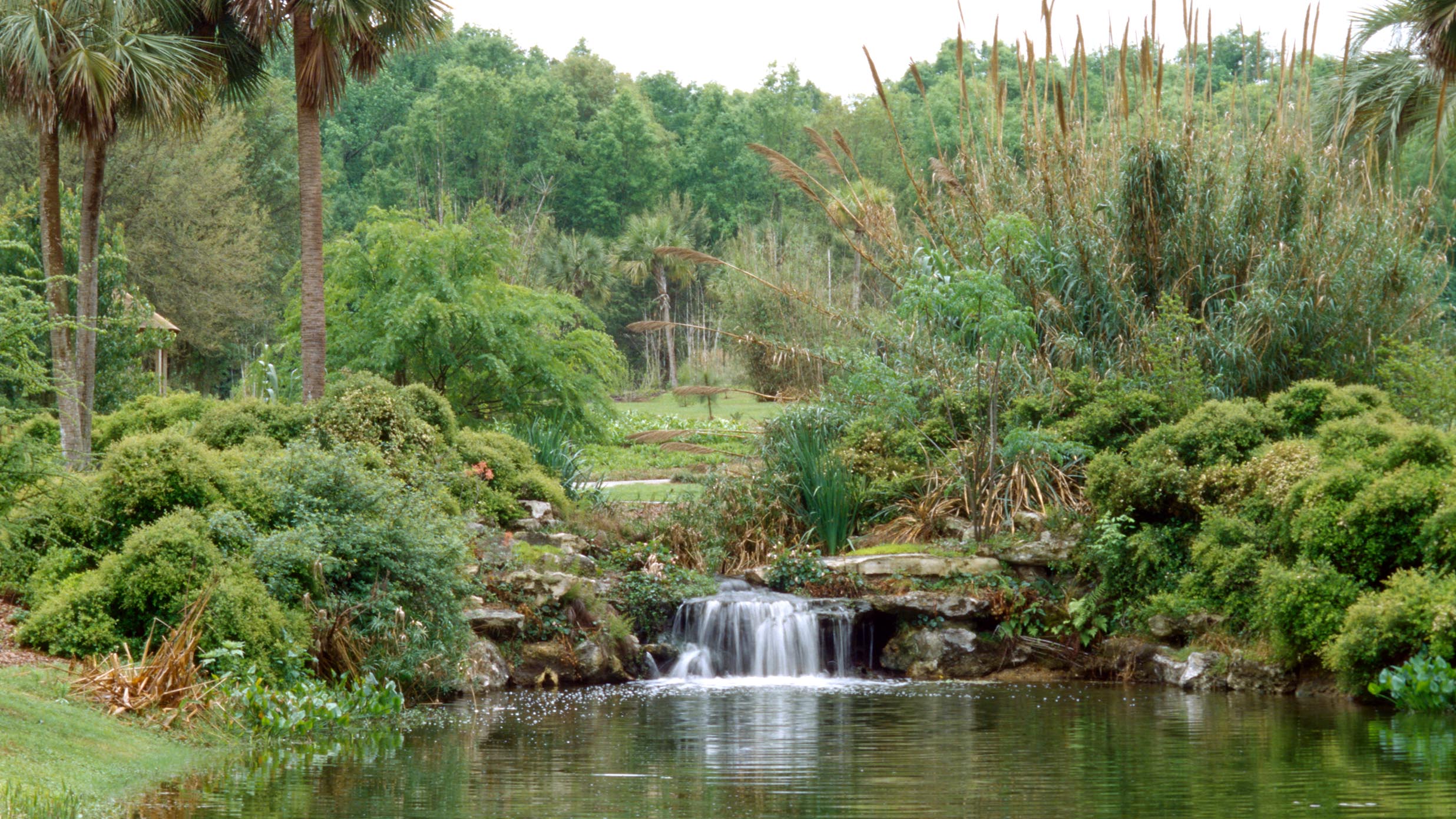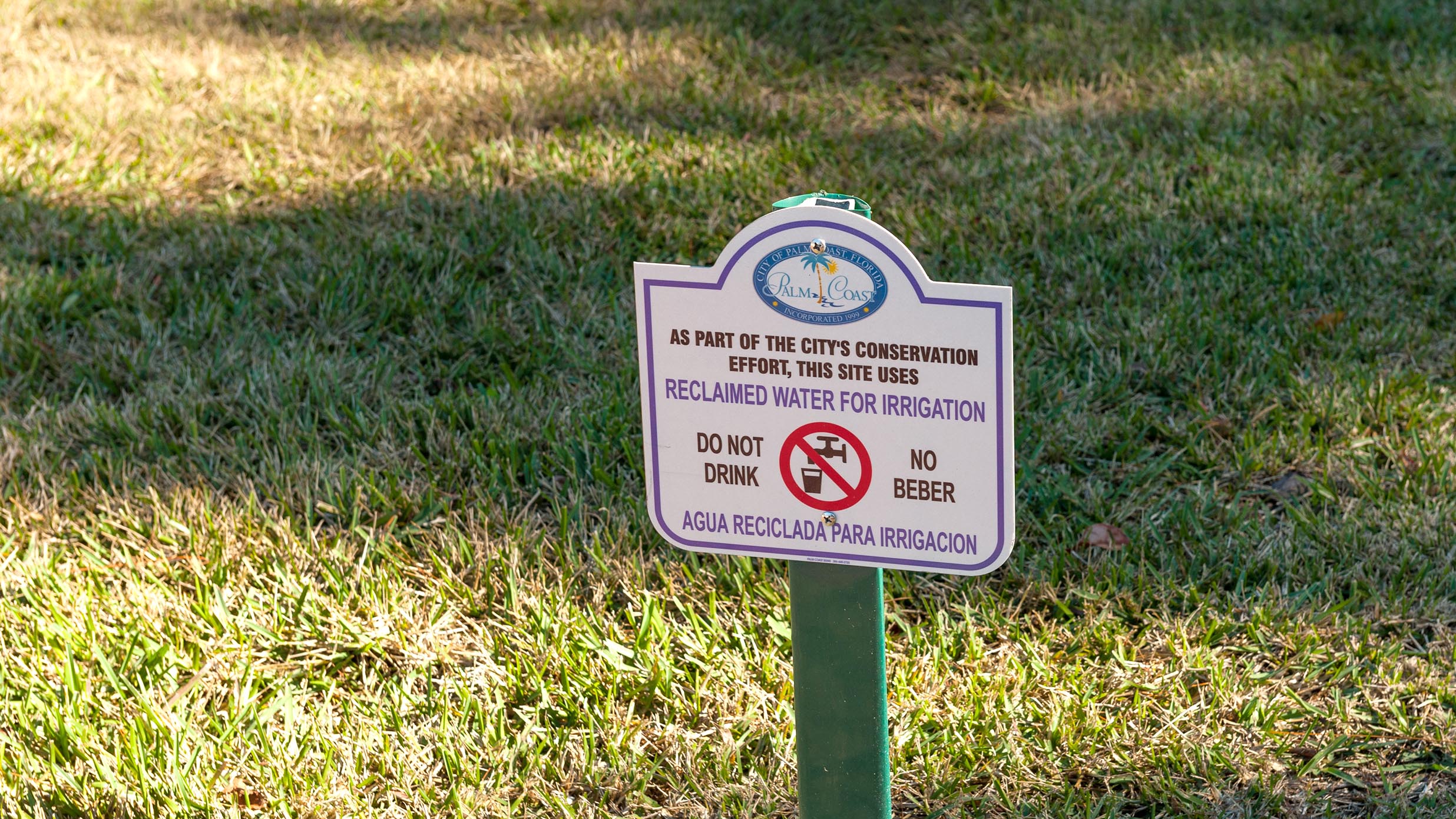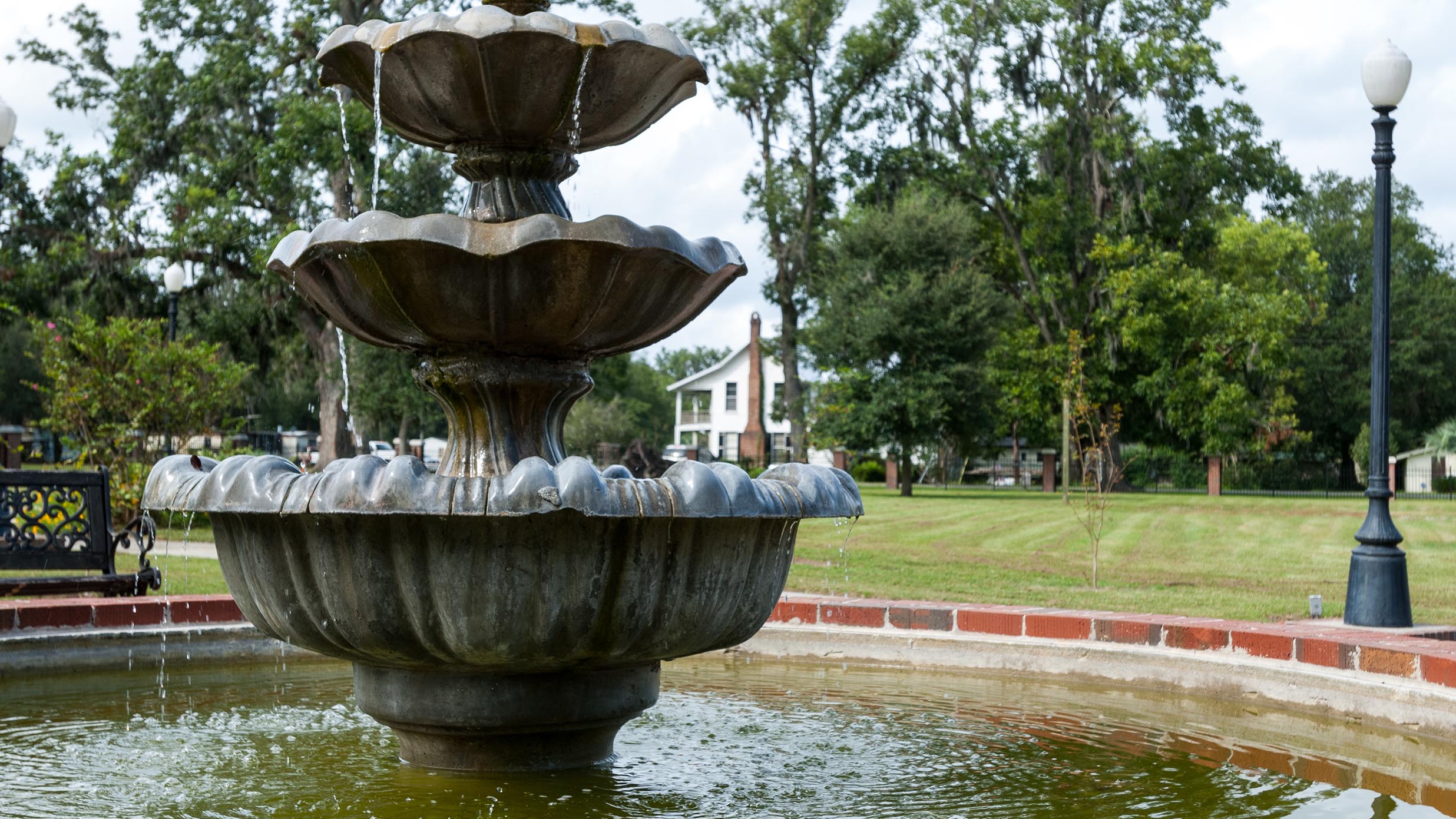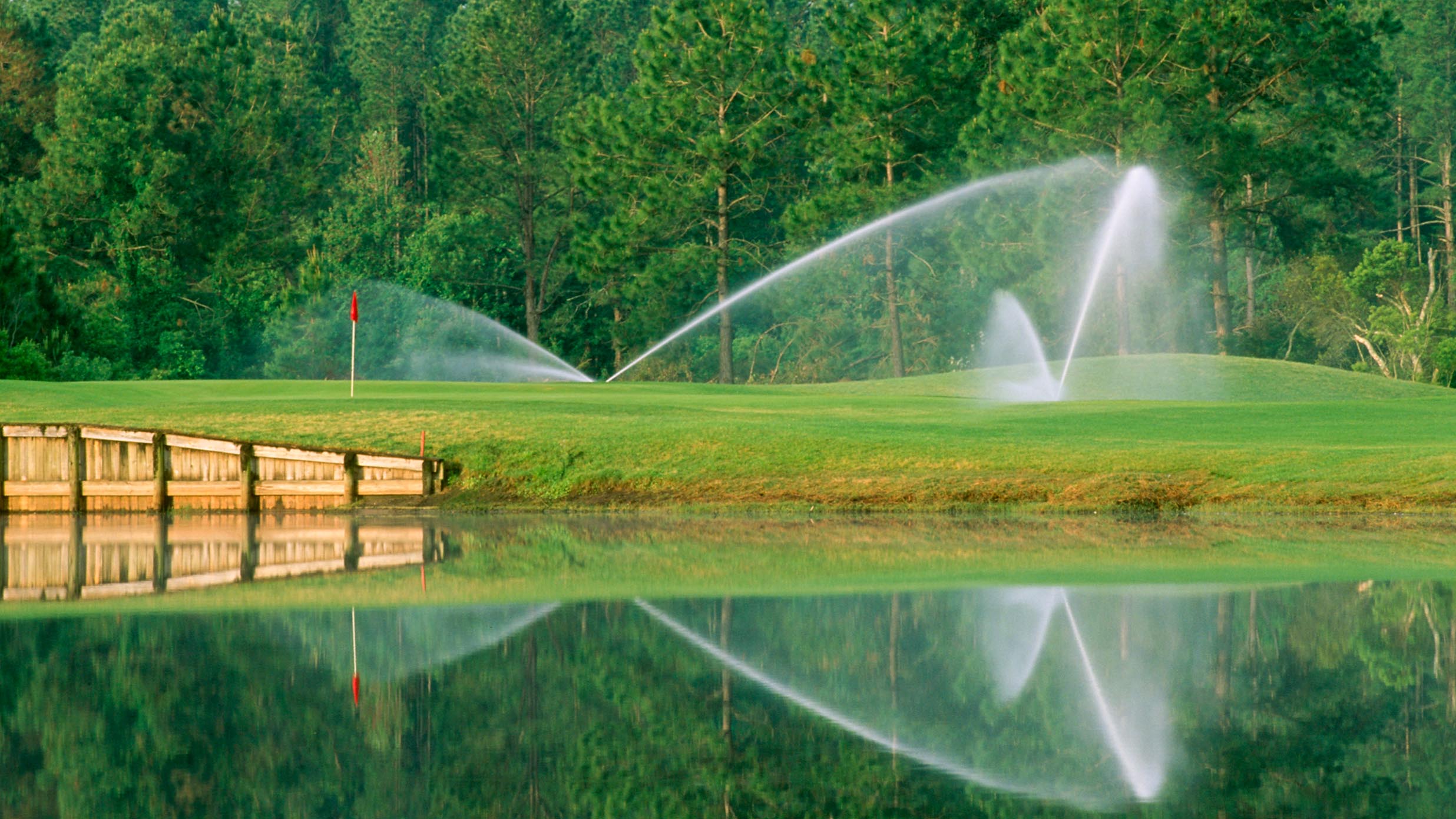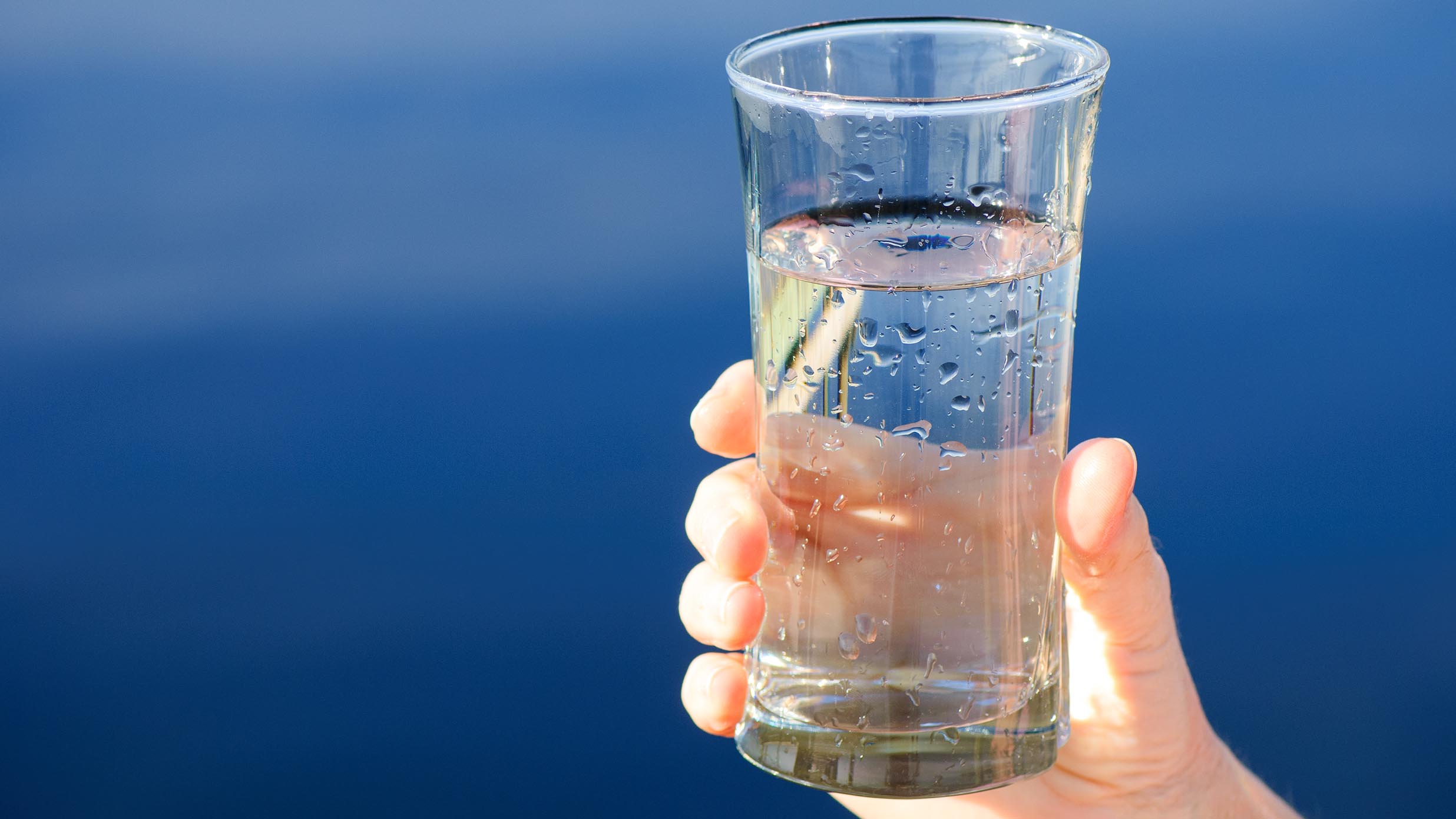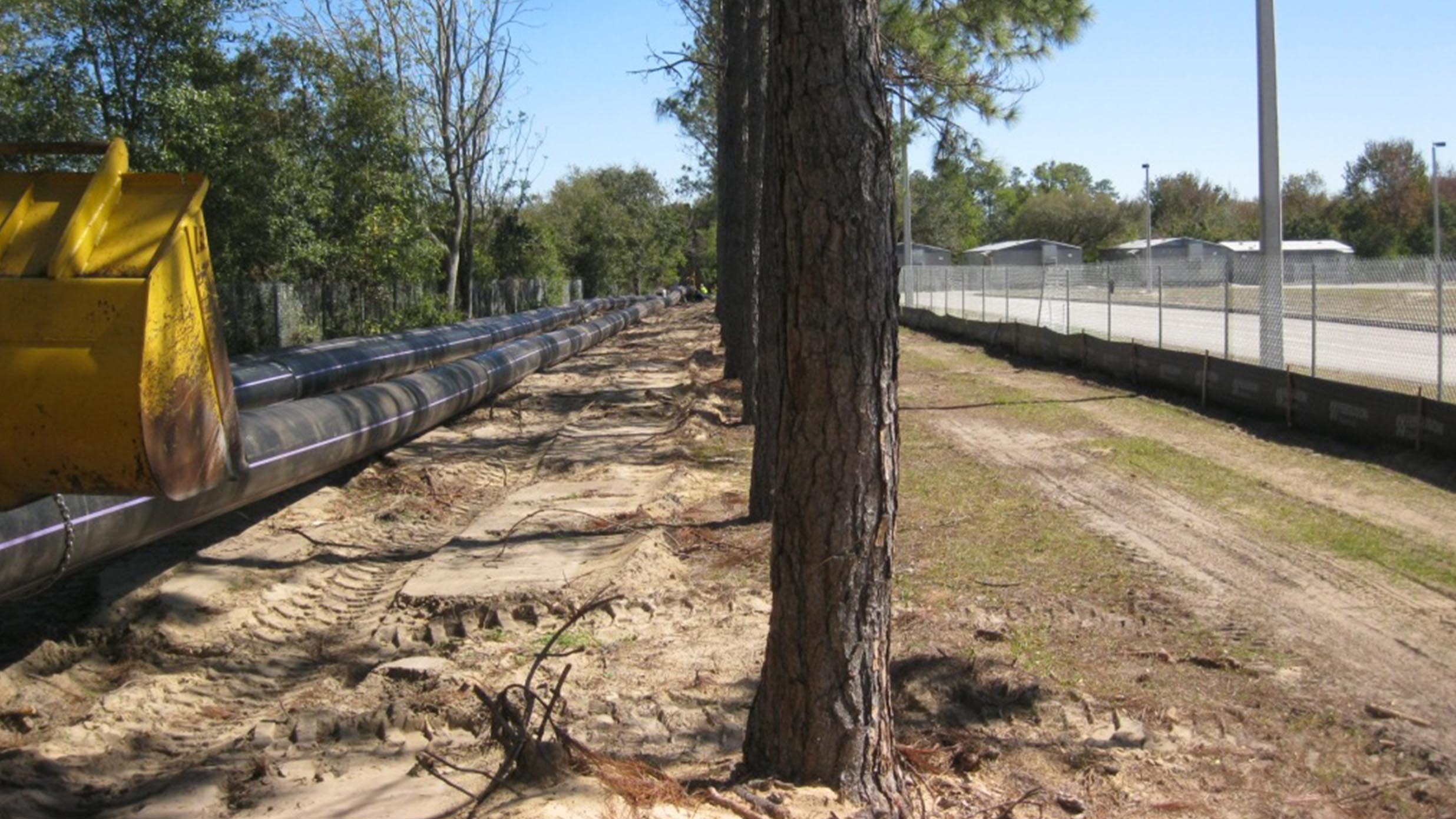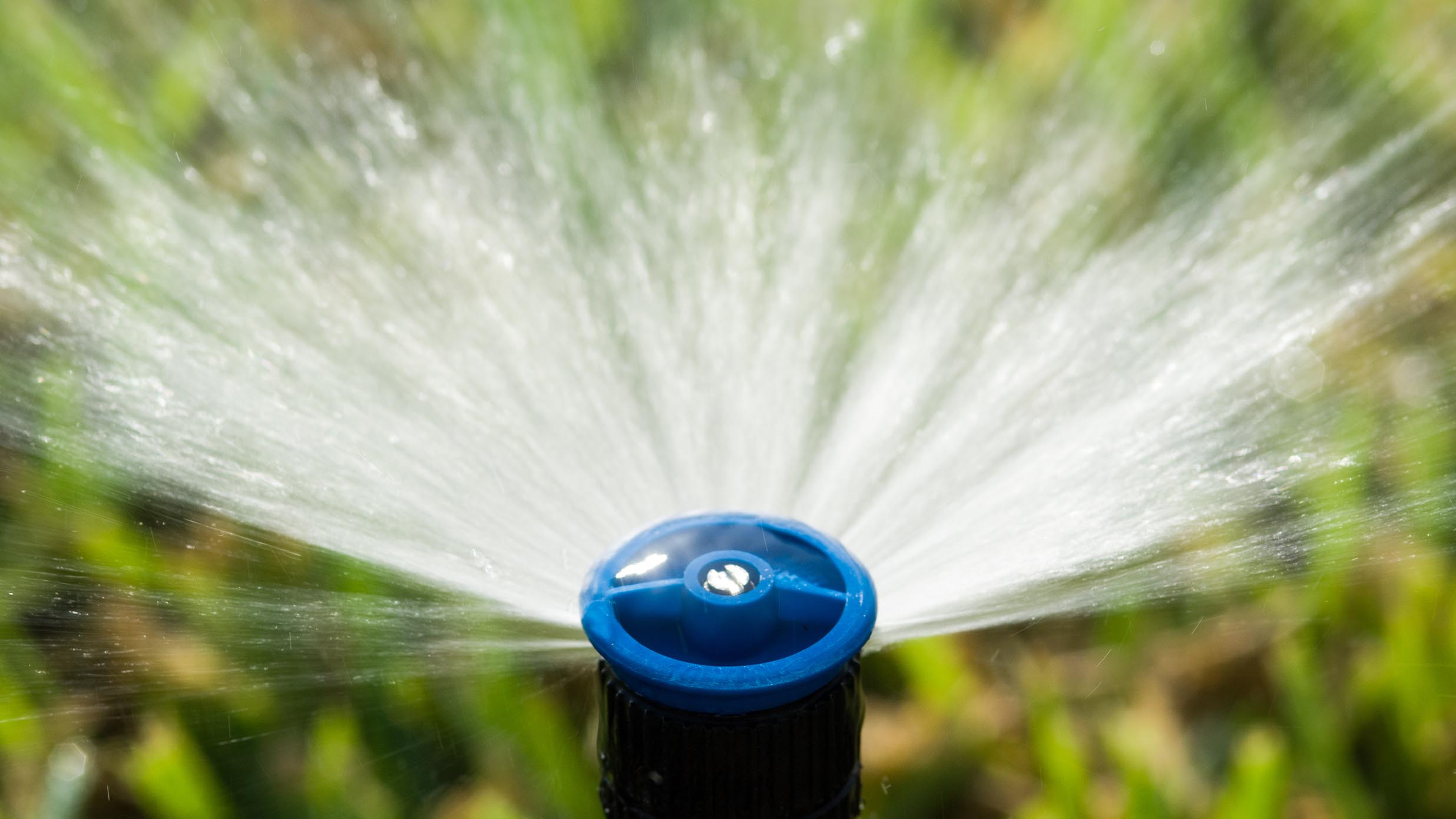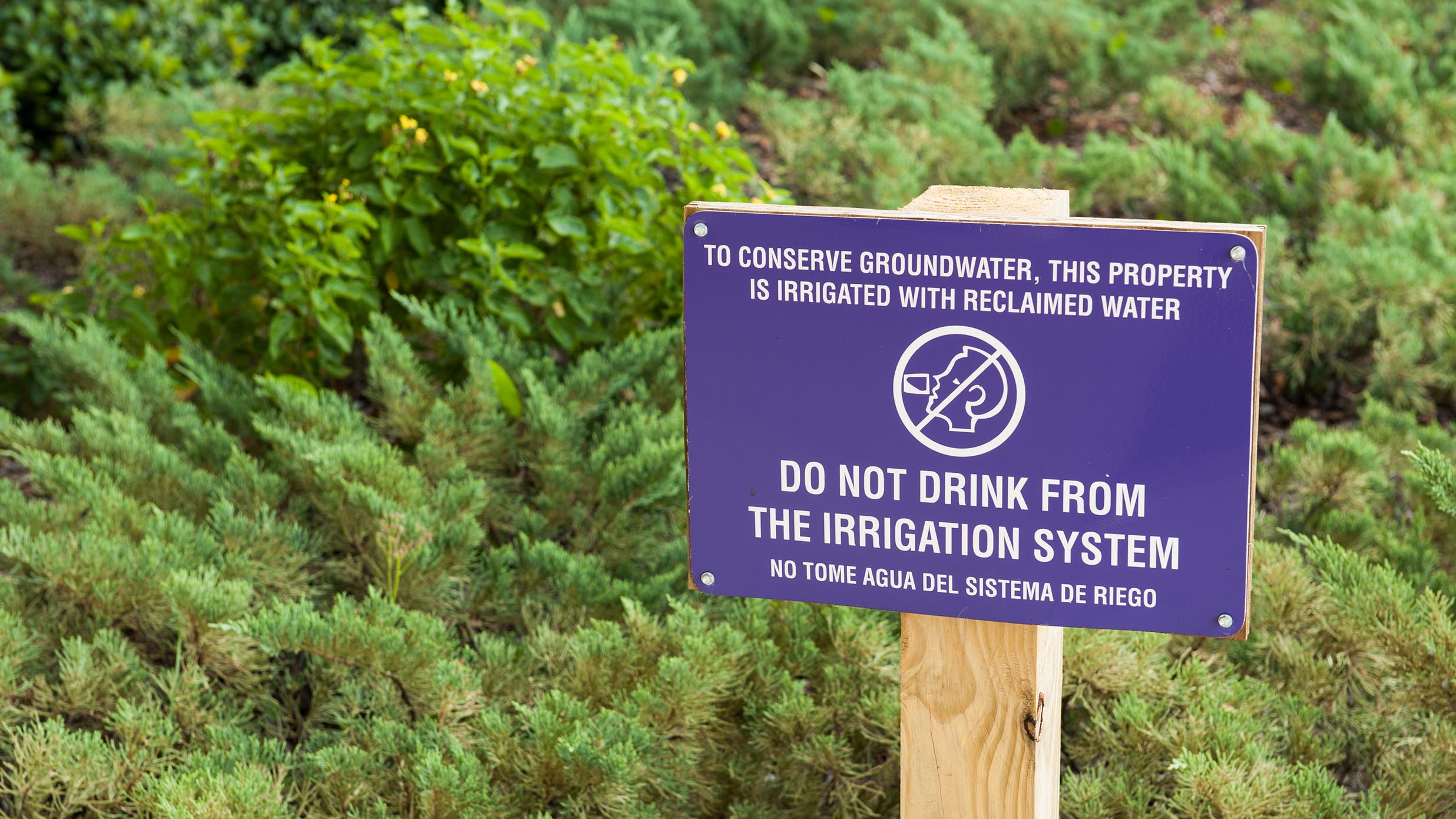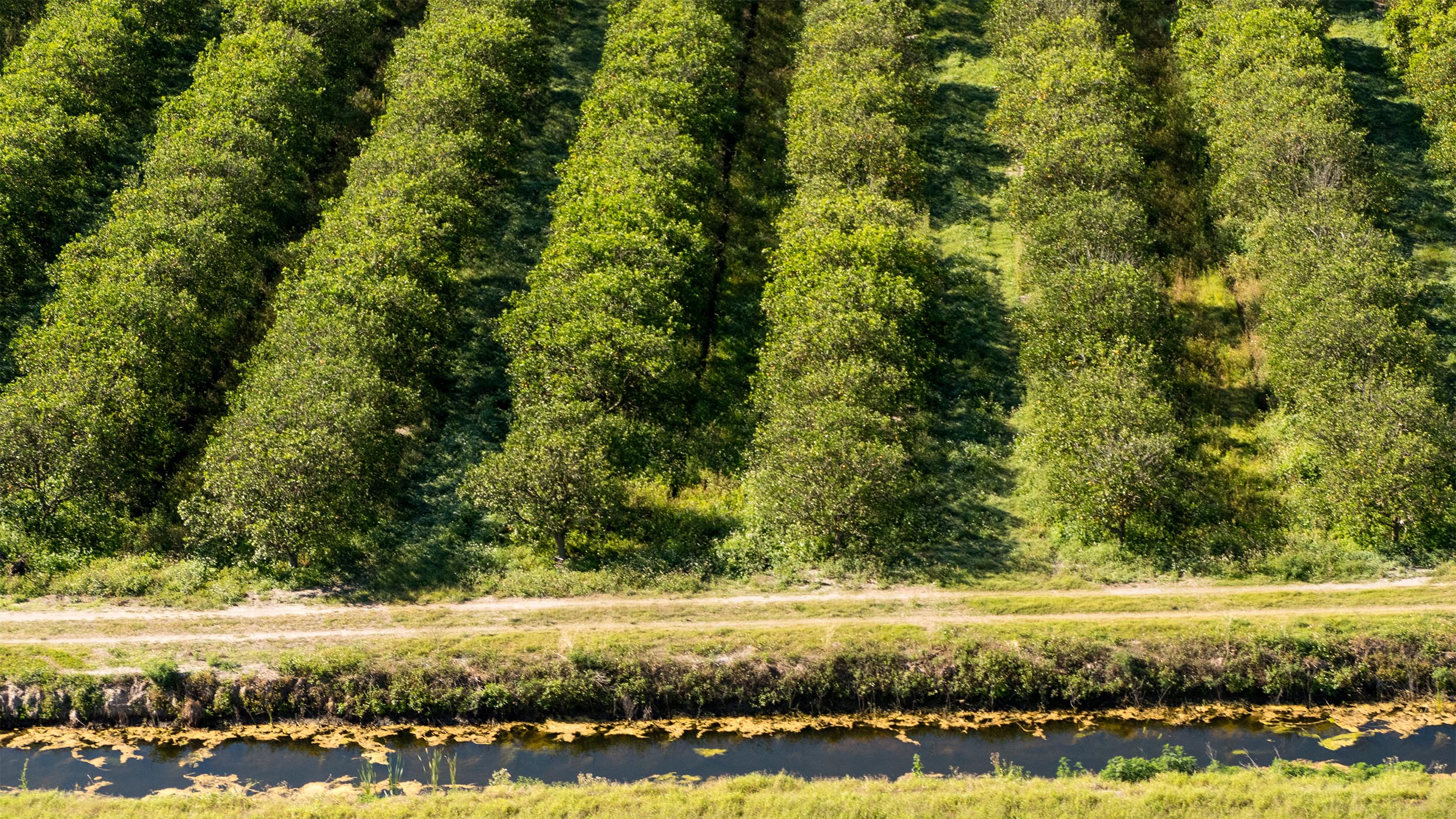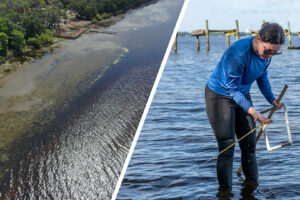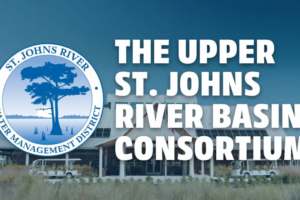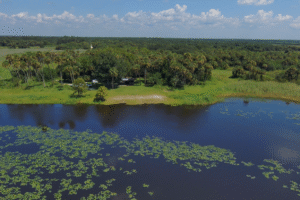Take the reclaimed water quiz
Providing high-quality drinking water to Florida’s growing population has become more challenging and costly in recent years. At the same time, managing wastewater has become increasingly difficult because of environmental concerns.
During the past 20 years, many water utilities have turned to reusing treated wastewater, called reclaimed water, to meet nonpotable (non-drinking) water supply needs, such as outdoor irrigation and manufacturing. In addition, as treatment technology continues to advance, many communities are working toward greater use of highly treated reclaimed water to supplement fresh drinking water supplies.
What do you know about this growing water resource? Let’s find out.
1.
Which of the following is not a correct ending to the statement? By using reclaimed water, communities can:
a. Reduce the demand on drinking water sources
b. Conserve fresh groundwater
c. Provide an environmentally responsible alternative to wastewater disposal
d. Increase minerals in drinking water
e. None of the above
6.
Which of the following is not true? Reclaimed water:
a. Reduces the need to transport water from other places
b. Postpones the need to construct new drinking water facilities
c. Wastes fresh drinkable water
d. Offsets costs of wastewater treatment
e. Provides a safe, environmentally responsible alternative to wastewater disposal
- D — Reclaimed water is wastewater that undergoes a high-level disinfecting process to remove harmful organisms and substances, such as bacteria, viruses and heavy metals, so it can be reused.
- C — Every day, approximately 50–70 gallons of wastewater for each person flows out of homes and into sewers. As this wastewater travels through the collection system, it is diluted by groundwater that infiltrates joints and defects in the sewers.
- A — Florida is one of the nation’s leaders in reuse.
- E — After treatment, wastewater and stormwater can be used safely for many purposes, including landscape irrigation for golf courses, playgrounds, highway medians and residential properties. It is also used for agricultural irrigation, car washes, decorative ponds and fountains, groundwater recharge, industrial uses such as cooling, processing or washing waters, fire protection, and wetlands replenishment.
- A — In 2019, a total of 820 million gallons of reclaimed water per day was used in Florida.
- C — Using reclaimed water saves fresh drinkable water for use in homes and businesses.
- B — More water utilities and builders are looking to the future, when fresh drinking water supplies will be more expensive and harder to come by. It is much easier and less costly to put in reuse systems when a neighborhood is being developed.
- E — Reuse systems appeared in England, France, Mexico and Australia by 1900.
- D — The first major reuse system in the U.S. was built in 1872 in Augusta, Maine. Other locations in Texas and California followed by the 1990s. Large-scale reuse in Florida began in 1977 in St. Petersburg.
- A — The National Park Service has been using reclaimed water in the Grand Canyon since 1928.


